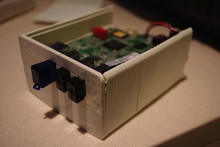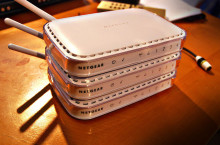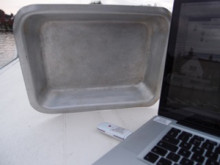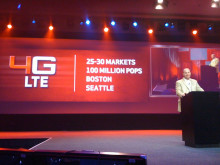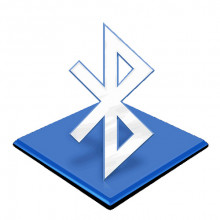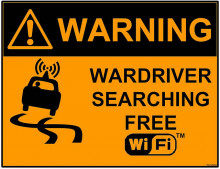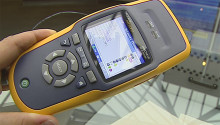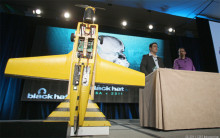F-BOMB $50 surveillance computer hides in your CO detector, cracks your WiFi
Even more embarrassing than a student discovering your GPS tracking device on his car, as the FBI found out last year, is having to ask him to give the expensive piece of equipment back.
So security researcher Brendan O’Connor is trying a different approach to spy hardware: building a sensor-equipped surveillance-capable computer that’s so cheap it can be sacrificed after one use, with off-the-shelf parts that anyone can buy and assemble for less than fifty dollars.














































